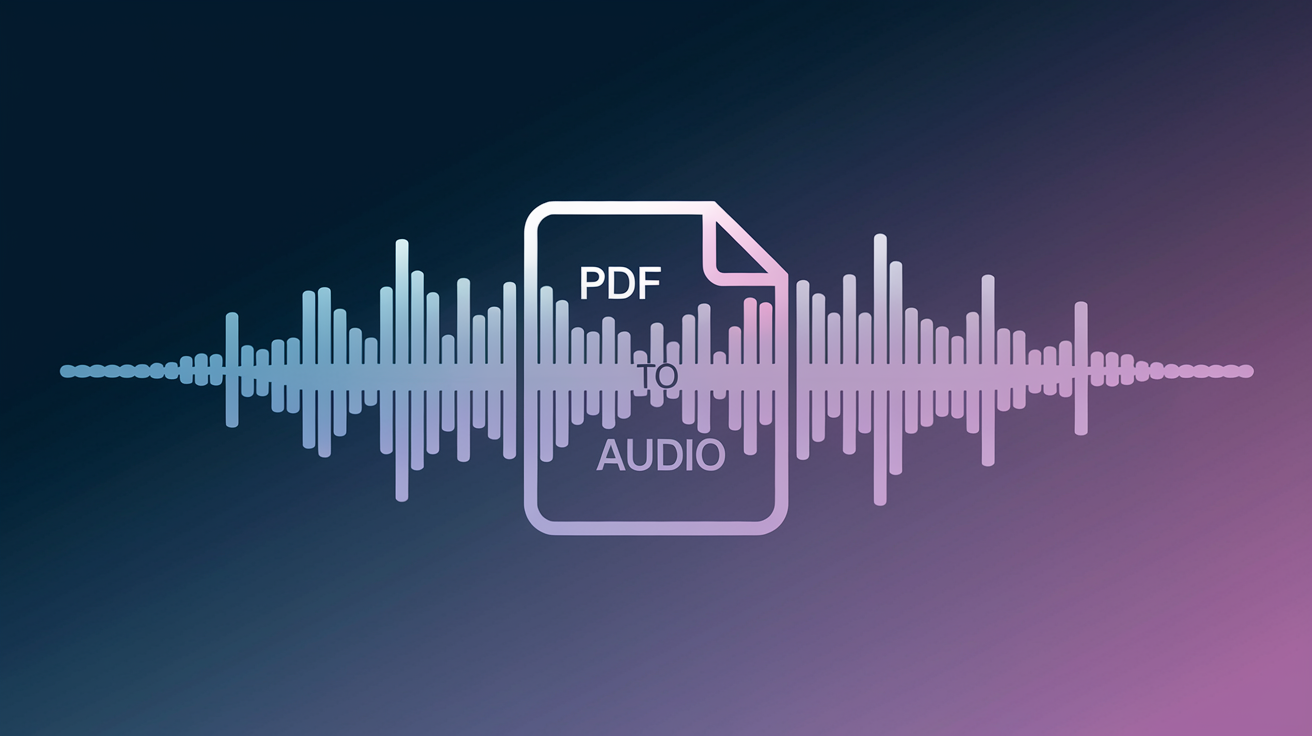Open-source PDF2Audio tool turns documents into podcasts and audio summaries

A new open-source tool called PDF2Audio lets users create podcasts, lectures, and summaries from complex documents and data.
Researchers led by Markus J. Buehler from MIT developed PDF2Audio as an alternative to Google's "Audio Overviews" podcast feature in NotebookLM.
PDF2Audio is designed for flexibility and customization, allowing users to create controllable podcasts, lectures, discussions, and summaries from complex documents. It supports several models, including OpenAI's GPT-4 and open-source options.
Users can upload multiple PDFs, choose prompt templates, customize text generation and audio models, and select different voices.
As an example, Buehler presents a 13-minute analysis of a new biomaterial combining silk and dandelion pigments, created using GPT-4.
Video: Buehler via X
The app offers multilingual support and advanced editing features. Users can generate content in French, German, Spanish, Portuguese, Hindi, Chinese and other languages from any source language. The edit function allows users to annotate transcripts, add comments, and instruct the model to make specific changes like altering tone or translating to another language
The source code is on GitHub for local use, with a Hugging Face Space version available. To use it, upload PDFs, select a template, customize if needed, and click to generate audio.
Don't blindly trust AI summaries
Buehler sees potential for audio summaries of complex documents in research, education, and business.
But don't blindly rely on these summaries. Especially with complex documents, LLMs are notorious for overlooking potentially relevant details.
Take it one document at a time and familiarize yourself with the material beforehand, or review what you have learned. Then these AI-generated podcasts might be a useful supplement to your learning.
AI News Without the Hype – Curated by Humans
As a THE DECODER subscriber, you get ad-free reading, our weekly AI newsletter, the exclusive "AI Radar" Frontier Report 6× per year, access to comments, and our complete archive.
Subscribe nowAI news without the hype
Curated by humans.
- Over 20 percent launch discount.
- Read without distractions – no Google ads.
- Access to comments and community discussions.
- Weekly AI newsletter.
- 6 times a year: “AI Radar” – deep dives on key AI topics.
- Up to 25 % off on KI Pro online events.
- Access to our full ten-year archive.
- Get the latest AI news from The Decoder.